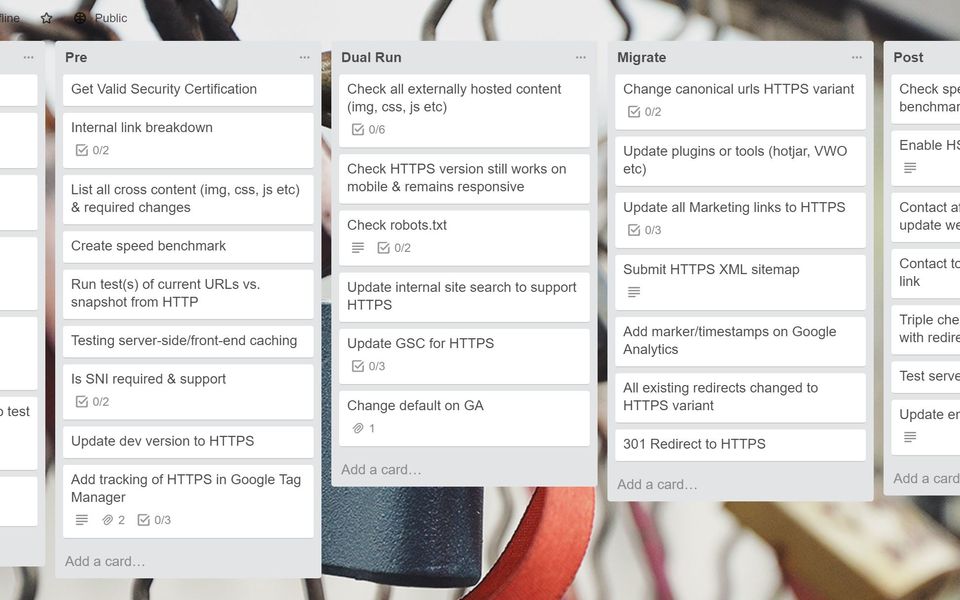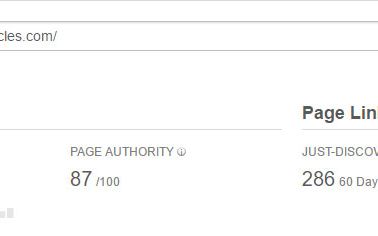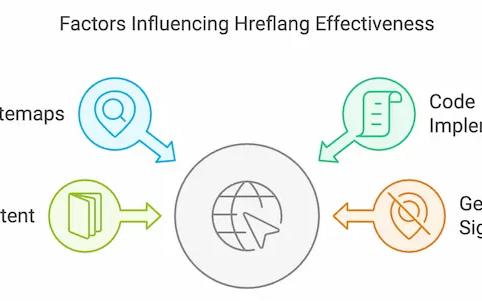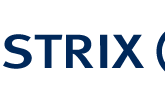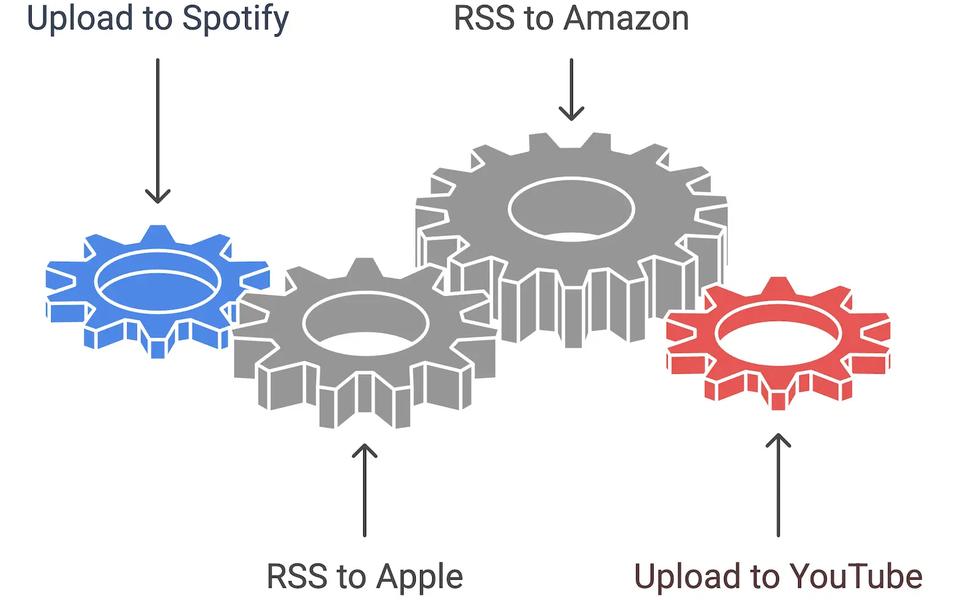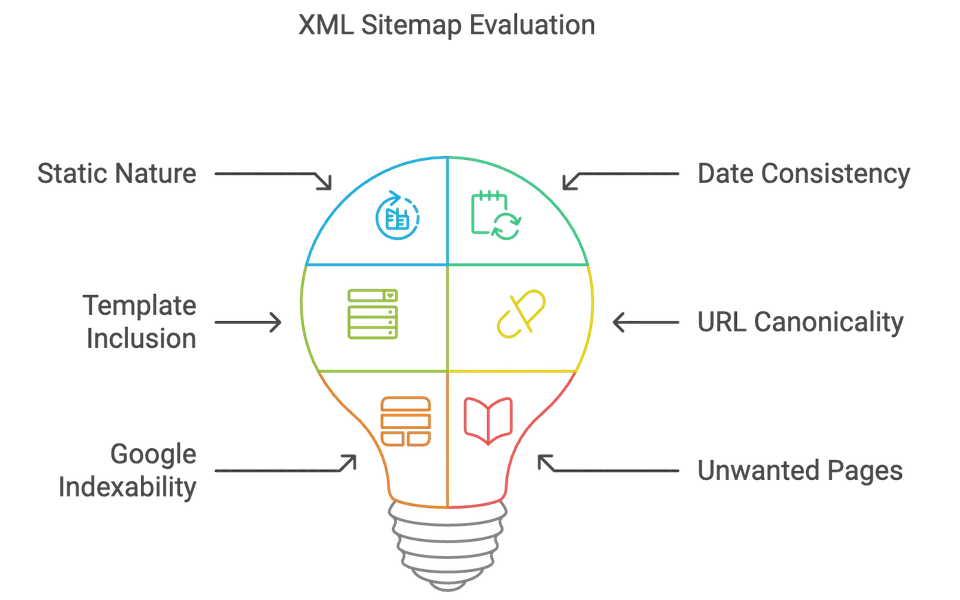Whenever I look at a marketing job description, I always have a chuckle as I try to recognise half the tools they say are a ‘necessity to understand’. Our industry seems to be obsessed with knowing and utilising just about every tool possible, however there are some key tools, crawlers and bots which will make your job a hell of a lot easier. Below are the tools I would directly recommend you adopting.
Backlink Analysis Tools
Whenever I start fresh with a new client, I always believe you should create a backlink analysis, in order to understand the link profile, any potential dangers and also what level of links your competitors have. Below are the top backlink tools:
Majestic
I can be guilty of staying in my comfort zone and Majestic is very much my comfort area. I have used this tool for about 5 years now and have achieved great results with it. It’s link depth seems incredibly rich, when compared to some more basic tools, however I always think you should use a combination of tools when performing a backlink analysis and then combine the results and remove duplicates.
Ahrefs
A number of my colleagues swear by this tool, while you can also get a 14 day trial if you are unsure. The data seems to be accurate and up-to-date from when I last gave it a spin. The price you pay is also incredibly reasonable.
Open Site Explorer
I say this one loosely, as the results are largely innacurate when I have used this tool. The reason why I mention it is because I believe in using a combination of tools and most people already have a subscription to Moz, therefore this one can be added to their list and used to combine data. I also like this tool to look at the recent links gained, as this seems pretty quick at finding them.
Search Console
I know a number of people who used to ignore Search Console when performing a backlink analysis, however this always seemed ludicrous to me. The links highlighted might only be a sample, however these links are 100% known by Google, meaning we should certainly take them into consideration.
SEO Crawling Tools
Crawler software is critical in order to find issues such as accessibility problems, issues with the internal link structure or basic on-site optimisation. Below are my top recommendations:
Screaming Frog
Ask almost anyone in the industry and this is there go-to tool for crawler software. It’s very much what Kleenex is to tissues, or Hoover to vacuum cleaners. The amount of issues, or in better words, the amount of solutions you can find with a 5 minute search is phenomenal. You can create an XML sitemap from the crawl, or check your canonical tags are pointing to the right page. You can ensure all your basic info (H1, title, meta description etc) is in place for each page, while you can also spot duplication issues very easily. I could go on for ages, but you get the point.
Deep Crawl
Often the tool which people praise in relation to handling a site migration, Deep Crawl has built up a huge reputation on the back of them having a really great tool. While both Screaming Frog and Deep Crawl are similar on many levels, I feel Deep Crawl is more suited to larger websites. There is also no minimum term, meaning you can just pay month by month, or even just utilise the tool when handling a migration.
ContentKing
A newer tool to the market, we’re in love with ContentKing here at TIO. As well as performing a basic crawl like Screaming Frog, this tool properly breaks down each section into a content site audit and helps to identify areas of the site which need improving in an easy-to-read format. I also love the inclusion of a HTTPS verification tab on a page level, as well as the change detection as it continuously crawls.
Online Brand Mentions
While working with Farrow & Ball, we set ourselves a target for links built per month, however we absolutely smashed through this figure when we started monitoring their brand mentions and reaching out to these publications. Obviously, this was a big brand with a loyal following who are more than happy to highlight the brand, so this won’t work for everyone, however if you are performing link building and PR, then you still want to monitor online mentions so you can request a link if left out. Here are some of the best options available:
Google Alerts
This one is an obvious one, but it is free and easy to setup. You don’t have to limit your daily search to brand mentions, you could also monitor for key mentions of a term you are targeting, so that any time it is mentioned in a big publication, you can email and offer your service or a page on your website as a useful resource.
Fresh Web Explorer
That massive link campaign I mentioned a moment ago was all through Fresh Web Explorer, where we looked at multiple variations of brand mentions for the past 30 days. It gained us on average 30 referring domains per month, from what was previously just a mention of the brand. In modern times, Google claims a mention is still worth value, however we all know a link is worth a hell of a lot more. This is a great tool if you are already signed up to Moz.
Mention
This tool is good for not just searching through Google but also through social mentions. If you’re willing to pay on the premium end, you can look back through historical data, both for your client and for your competitors, in order to spot link opportunities.
Good Old Google
No, don’t start Googling for this tool. When I want to find a mention of Thestagcompany brand, I often like to go on Google and look up “stag company” and set for the past 24 hour, or for the past week. You can do this on Google by typing in your search term and then clicking on tools, which will open up three options, one of which will say ‘any time’. You can change this to find where you have recently been mentioned. More than any other tool, Google is amazing at picking this all up.
Ranking Checkers
While we talk about the diminishing value of tracking short tail keywords and how voice search is increasing long tail terms and conversational terms, we still can’t ignore the value in tracking our rankings. Call me old school, but if I put some effort into improving some key rankings and it pays off, big surprise, the traffic to the associated page shoots up and we see an increase in sales. Below are some of the best keyword ranking tools:
AWR
This one isn’t the best by a long shot, however the amount of keywords it can check for the price you are charged is insane! It is literally a fraction of the price of most competitors. I track for several brands and have 7,000 keywords in there, however this simply wouldn’t be affordable on other tools. Of course you miss out on some of the other data, such as more granular data on mobile rankings or rich snippets, however it is a perfect tool for most small to medium sized businesses.
Linkdex
I still remember when this tool was new to market. It has grown and changed so much since the early days! It is still a little guilty of sometimes offering poor results on actual rankings, however the in-depth reporting and graph data make it incredibly suited to agencies, who want to report into multiple clients. You can also have rank checks every hour, a far cry from the weekly checks I’m used to. Of course, it is important not to get too bogged down with the constant fluctuations in rankings, as this is natural, however it can help to spot cannibalisation issues. The insights and data from this tool is phenomenal, as long as you have the budget to match.
Competitor Research
With just a little digging, you can find a huge amount of data, such as what terms are bringing the most important traffic in, what pages you are missing on your website or what terms your competitors have rich snippets on. Below are my faves that I have used over the years:
SEMRUSH
Whenever I work on a content strategy, one of the first places I start is on Semrush, where I will look at which terms are bringing in traffic for the competitors. You can also use the domain vs domain to spot terms you aren’t ranking for or aren’t performing as well on. This is such an easy way to spot the low hanging fruit (yep, I just used that buzzword).
An example of how it could work for a travel company could be for them to research a number of travel blogs. They find out which pages are bringing in the large majority of their traffic. They then assess how strong the page is and whether they can surpass them in rankings, as well as the relevance of the term to their business. They can then start work on building out this page, which should allow them to steal some of this traffic.
I’d also recommend upgrading so you can see the historical data.
SearchMetrics
The raw quantity of data available on SearchMetrics is astonishing, however it does come at a higher price than Semrush. It is very simple to use and allows for deep historical data, meaning you can also see when sites were hit by a penalty, which can also be able to help identify what might be holding your clients site back. It’s also amazing to see how each site is performing internationally, or comparing mobile to desktop.











